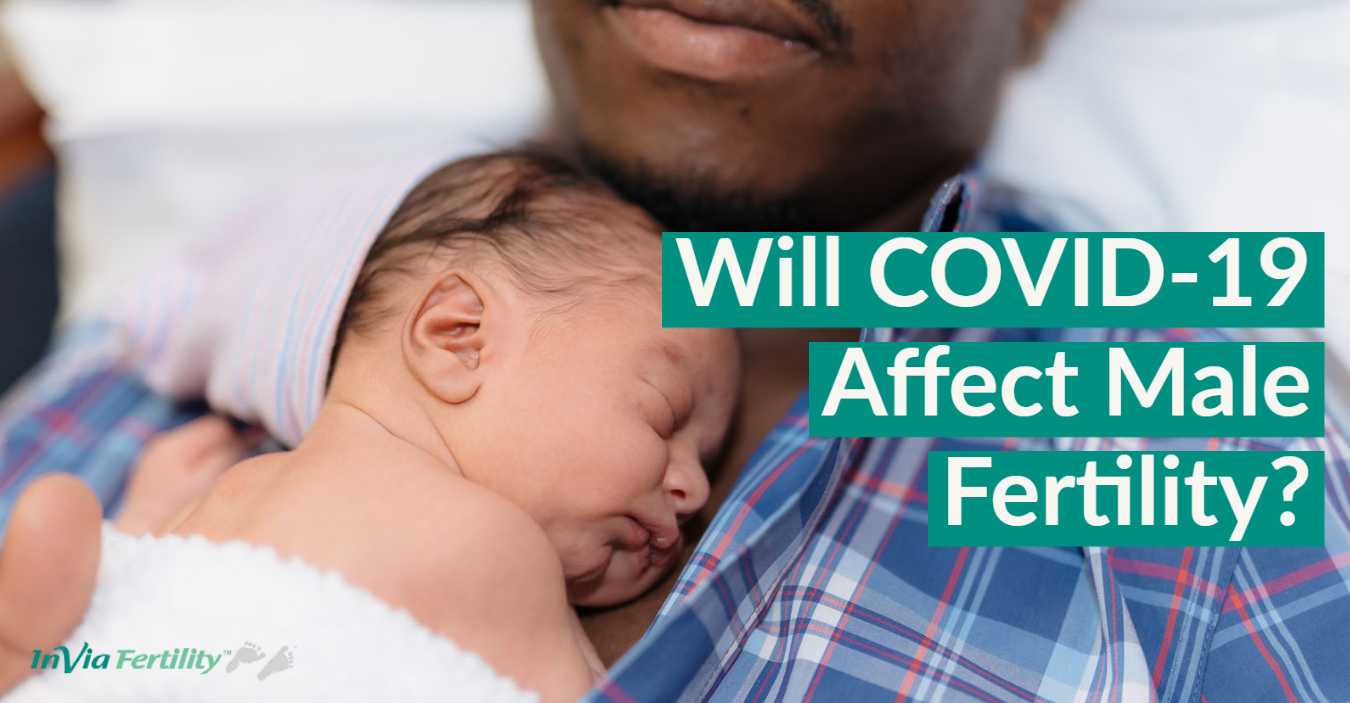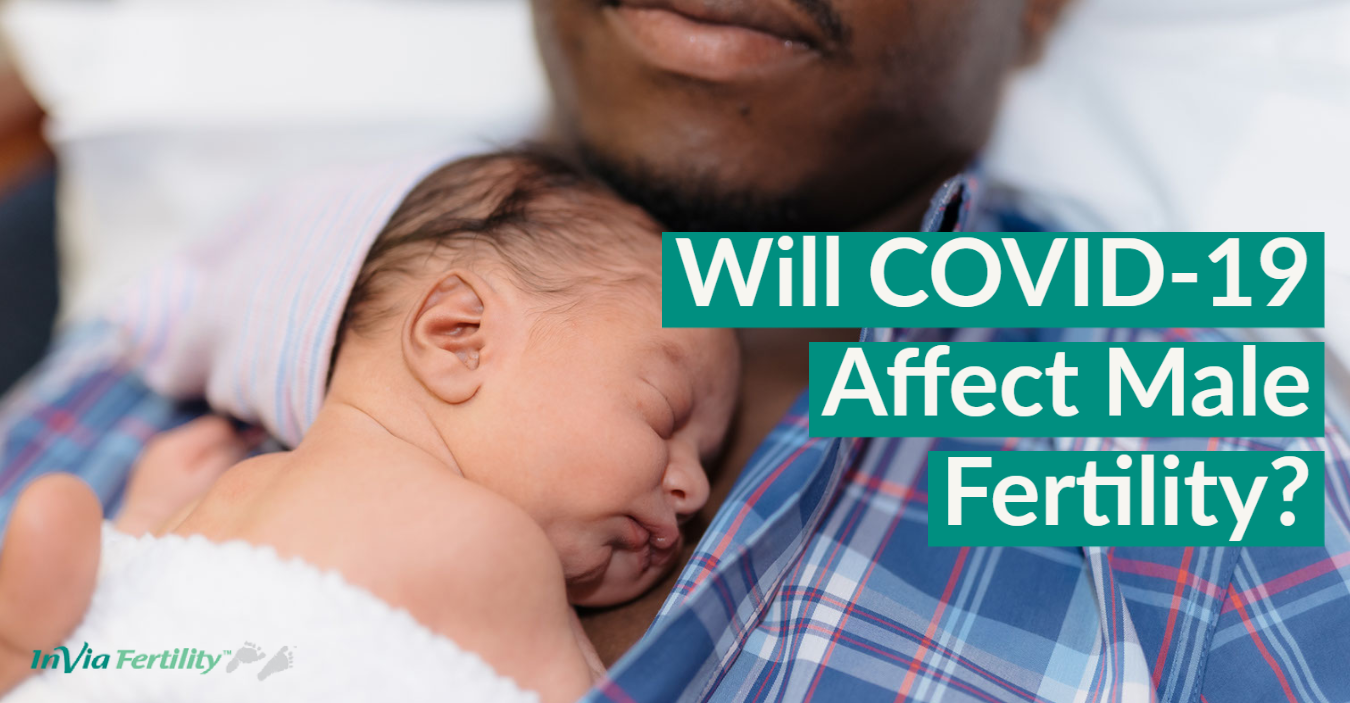We are experiencing a very high volume of calls and messages and ask for your patience. We will answer your portal messages within 48 hours.
We are experiencing a very high volume of calls and messages and ask for your patience. We will answer your portal messages within 48 hours.

 The sudden resurgence of COVID-19 cases due to the omicron variant has once again upended our lives. In recent months, medical and media attention has been on the impact of COVID infection on pregnant people and their babies. Recently, more evidence has been published that answers the question: will COVID-19 affect male fertility?
The sudden resurgence of COVID-19 cases due to the omicron variant has once again upended our lives. In recent months, medical and media attention has been on the impact of COVID infection on pregnant people and their babies. Recently, more evidence has been published that answers the question: will COVID-19 affect male fertility?
Recent studies have shown that getting COVID-19 can severely affect fertility, specifically in unvaccinated men. Infection with COVID is now known to cause a decrease in sperm quantity and quality. The cause appears to be due to DNA damage to developing sperm.
The good news is that this effect is likely not permanent. Semen samples tested after a longer time lapse from the initial date of infection were less likely to show evidence of detrimental effects on sperm. However, if you are trying to conceive within the next six months, getting COVID while unvaccinated could disrupt your plans.
One recent published study that included the largest number of men following documented COVID-19 infection showed decreased sperm numbers and function, even after one to six months of recovery. Interestingly, the adverse effect on sperm was not related to severity of symptoms or presence of fever—so it’s possible that even a mild infection could cause this temporary drop in fertility.
Furthermore, the study found that anti-sperm antibodies developed in more than half of patients. However, 15 out of 120 men were found to have either moderate to high levels of anti-sperm antibodies, which has been known to decrease fertility rates and in cases of high levels, cause immunological infertility.
One thing to note is that the study found no evidence of COVID being transmitted through the semen. Unlike prior infections with other viruses such as Zika, SARS-CoV-2 RNA was not detected in the semen of patients one to two months after recovery.
This finding reinforces results of other, smaller studies. These studies showed that SARS-CoV-2 RNA was not detected in the semen of people who recovered from COVID anywhere from one week to two months after documented infection.
For patients who are undergoing diagnostic workup for infertility, this study suggests that sperm parameters are most likely going to be affected immediately following COVID-19 infection but can persist for as long as 6 months. A repeat analysis is likely warranted in patients with a recent history of COVID-19 infection and abnormal semen parameters.
We strongly recommend that people who are planning to conceive receive the COVID-19 vaccine, and booster if eligible, to minimize the risk of infection. Have other questions about trying to conceive or seeking fertility treatment during COVID? Our team of caring fertility doctors is here for you. Click below to make an appointment at one of our four Chicago-area clinic locations today!

Entire Website © 2003 - 2020
Karande and Associates d/b/a InVia
Fertility Specialists
